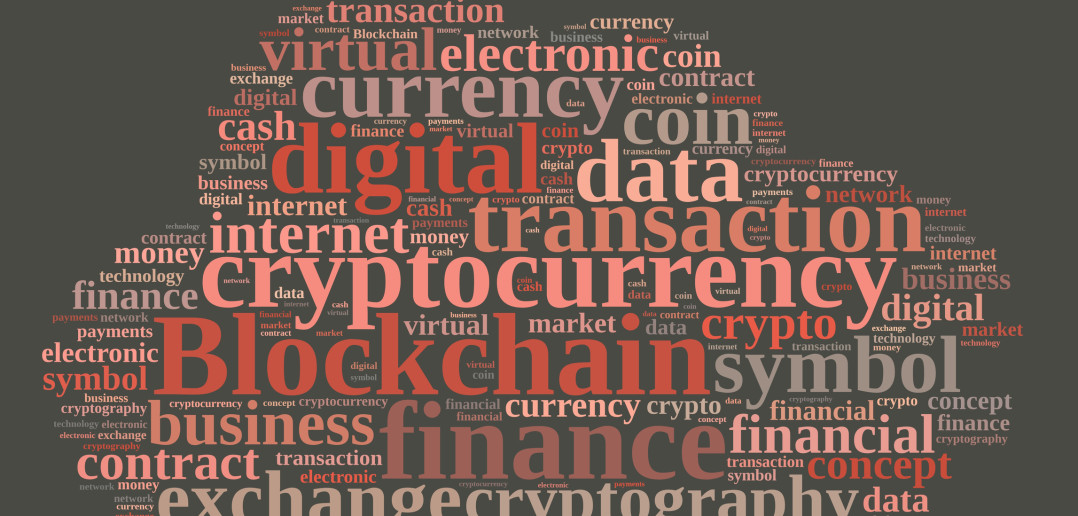Sweden, Honduras, and Georgia are all experimenting with blockchain for Land Title Registry. Blockchain technology, most famously associated with the cryptocurrency Bitcoin, is being adopted in three different countries in an effort to make land transactions more secure and more convenient.
The Swedish National Land Survey, with Kairos Future, a consulting company, Chroma way, a blockchain company, and Telia, a telephone service provider have teamed up to build a blockchain land registry, in Sweden. In Georgia, BitFury has teamed up with the National Agency of Public Registry, and economist Hernando De soto, to develop a blockchain system to digitize their land registry. While Honduras, had partnered with Factom last year, that project seems to have stalled.
Why the interest in this land ownership registration technology? Three main reasons, it makes fraud significantly more difficult, it allows for smart contracts, and it makes land title transfers much more convenient and efficient.
So how does the block chain work? One could think of a block chain as a digital ledger; a record of accounts, of who owns what, and when. That could be a currency, such as bitcoin, but it could also be any other digital record, such as a song, a patent, or a land title. For land title, perhaps it would be easiest to just think of it as a digital ledger. Now imagine that this ledger is not held by one of the parties, or a third party, but by millions and millions of parties, or perhaps more accurately, computers. It’s a distributed ledger. This ledger is made using the highest level of cryptography, and supported by more computing power than google. It is encrypted, distributed, and updates transactions every 10 minutes. Every time a transaction occurs, it is posted to a “block”, which you can think of as an entry, or group of entries. When a “block” is created, it is made up of all the transactions that have occurred in the last 10 minutes. This block is then validated using high level cryptography, and attached to the previous block, which is attached to the previous block, and so on. In a chain, hence, block chain. So it is essentially a chain of highly secure ledger entries. To hack this data, or attempt to fraudulently reproduce it, one would need to hack not one computer, but millions, and not just one “block,” but all the blocks, all running the highest level of encryption, in 10 minutes. A technology like this, widely implemented in land registries, would do a lot to combat fraud. Further, the system would be both secure and digital, so verification of a transaction would be significantly more convenient and faster. Verified transfers of land could occur in minutes, instead of days, and with a significantly higher level of security than what is commonly used today.
If the pilot programs are successful, block chain title may soon be available at many land registries and perhaps usher in a global system.
Top photo: © Getty Images / StockPhotoAstur



